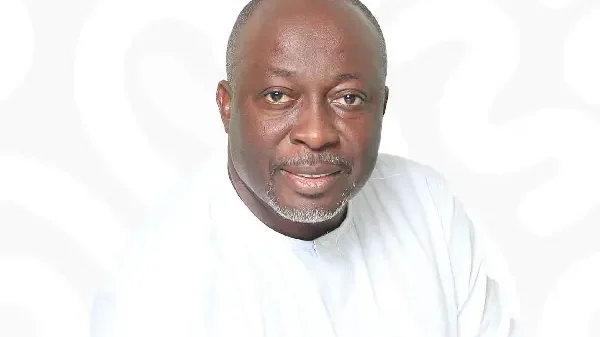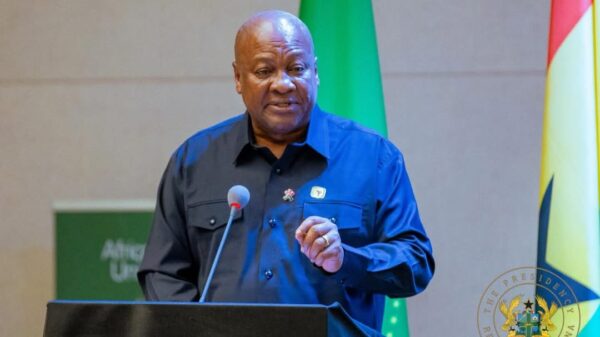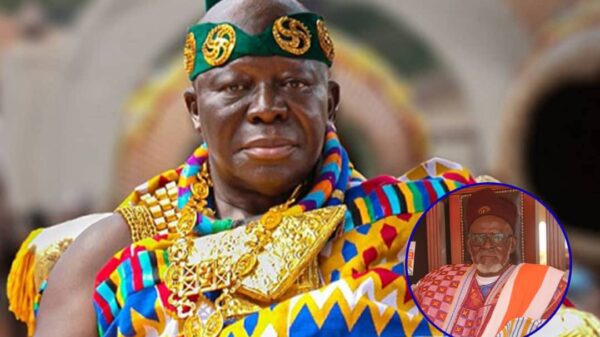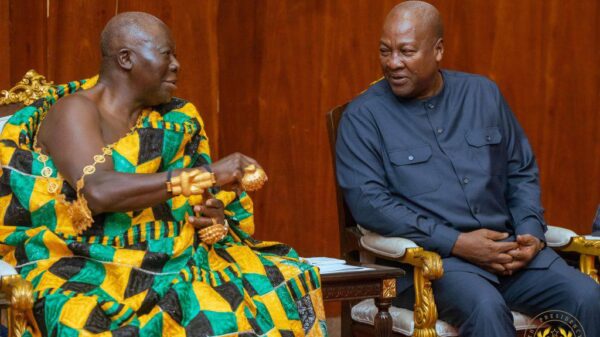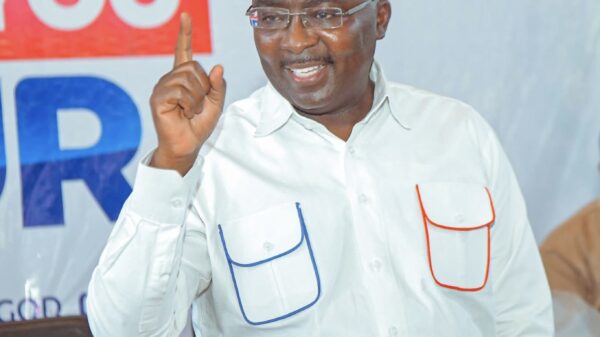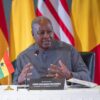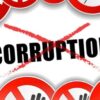The Public Utilities Regulatory Commission (PURC) has announced a new tariff adjustment for electricity and water, set to take effect on July 1, 2025. Following its routine Quarterly Tariff Review, the Commission has approved a 2.45% increase in electricity tariffs across all consumer categories, while maintaining existing water tariffs with no increase.
This quarterly review is part of the PURC’s strategy to ensure that utility tariffs reflect the current economic landscape and help keep utility providers financially stable. According to the Commission, these reviews are necessary to protect the ability of electricity and water companies to deliver reliable services to Ghanaians consistently.
In its assessment, the PURC carefully considered several key factors that continue to impact the cost of utility services. A major influence is the Ghana Cedi’s exchange rate against the US dollar. For this review, the Commission used a weighted average exchange rate of GHS 10.3052 per US dollar, which affects the cost of imported resources needed for power generation and other utility operations.
The projected inflation rate of 20.67% for the third quarter of 2025 also played a significant role in the review. High inflation increases the cost of doing business, and without adjustments, the real value of the tariffs would fall, putting additional strain on the utility companies.
Additionally, the price of natural gas, which is critical for generating electricity, rose to USD 7.7134 per MMBtu from USD 7.6289 in the previous quarter. Ghana’s heavy dependence on thermal power sources, which account for 71.20% of electricity generation compared to 28.80% from hydro sources, further drives up production costs.
The Commission also considered an outstanding debt of GHS 488 million that has accumulated over the past three quarters. This debt must be recovered to support the sustainability of electricity service providers. Additional costs, such as reserve capacity needed to maintain grid stability and the cost of using alternative fuels like Distillate Fuel Oil, Heavy Fuel Oil, and Light Crude Oil, which together account for 27% of total fuel costs, were also factored into the new tariff.
Despite these financial pressures, the PURC has decided not to increase water tariffs at this time. This is seen as a deliberate effort to ease the burden on consumers who are already managing the impact of rising living costs.
The Commission emphasized that these tariff adjustments are necessary to maintain the quality and reliability of utility services in the country. Regular reviews like this ensure that service providers can continue to meet the growing demands of the population without compromising service delivery.
As the changes take effect from July 1, 2025, Ghanaians will experience a slight increase in their electricity bills, while their water tariffs will remain unchanged. The PURC assured the public that it will continue to monitor the situation and make future adjustments based on economic conditions, always with a focus on balancing consumer protection and the sustainability of utility providers.



